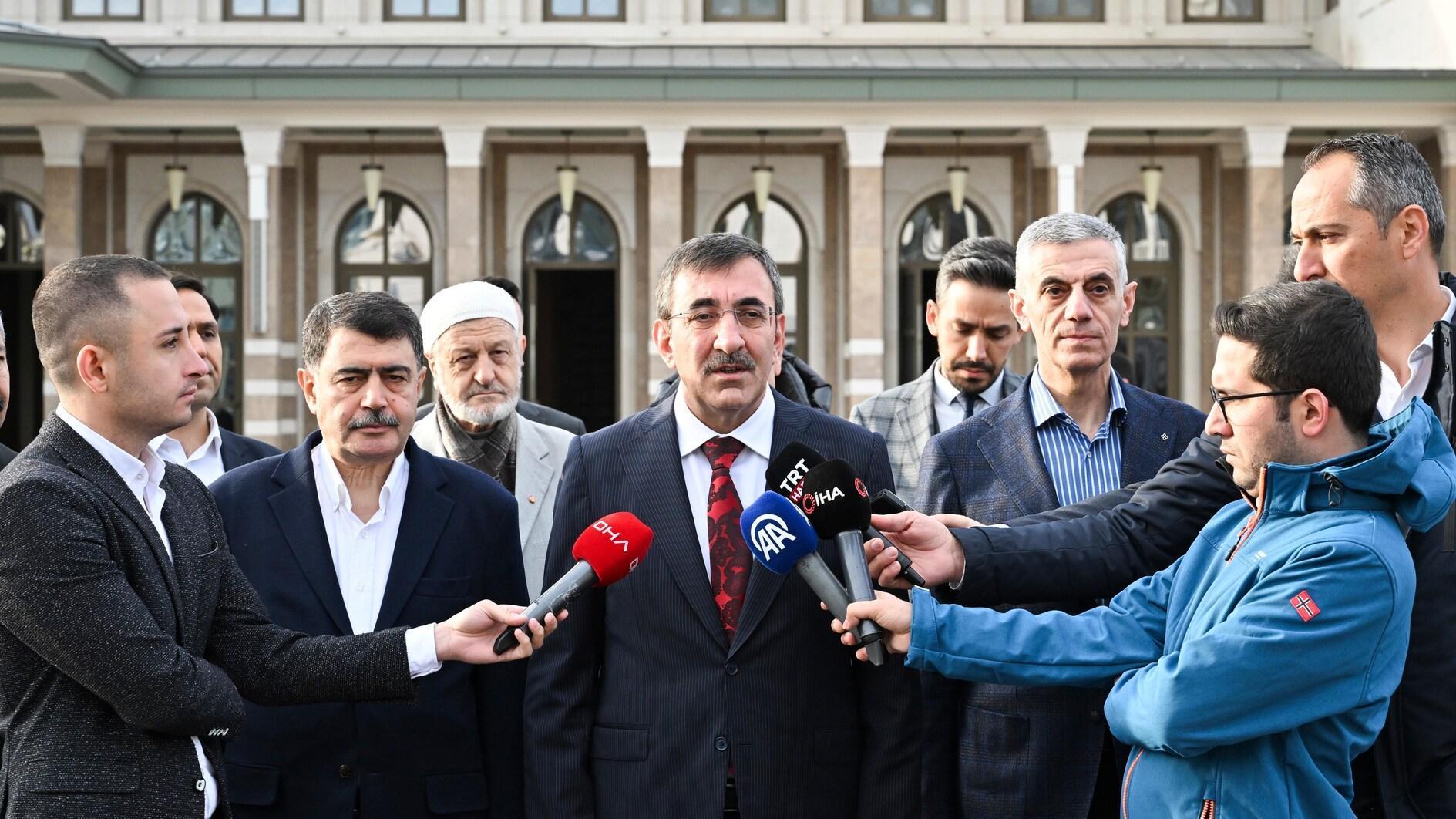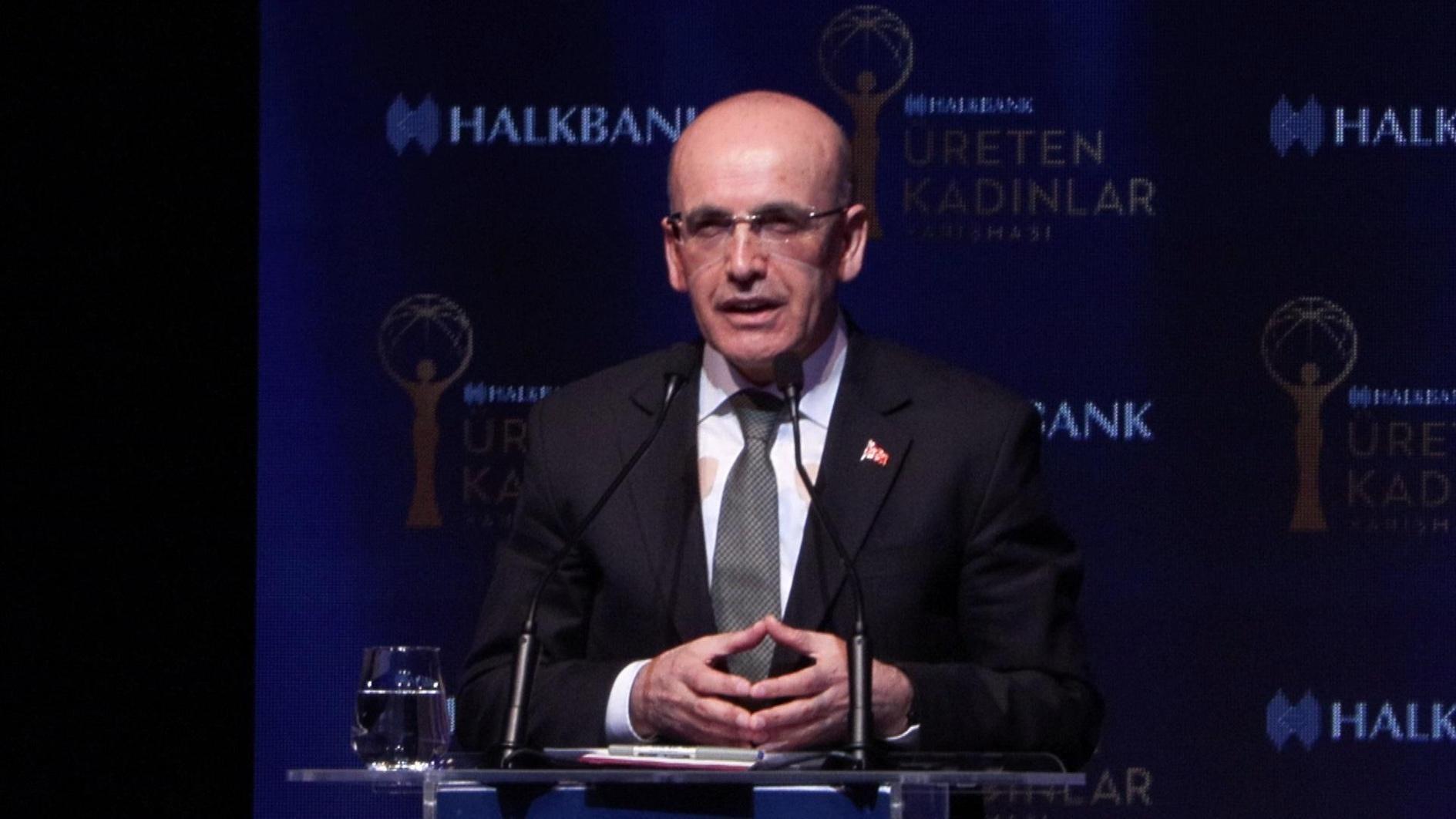Turkey takes another step for regime change
Turkey’s ruling Justice and Development Party (AK Parti) elected Transportation and Communications Minister Binali Yıldırım as its new chairman on May 22, after Prime Minister Ahmet Davutoğlu said he was stepping down earlier this month on May 5.
It was striking to see all delegates at the extraordinary party congress stand up and listen as the message from President Tayyip Erdoğan was read out, as if he himself was in the congress hall. It was yet another sign of Erdoğan’s increasingly personal influence over the party.
The snap congress yesterday was a legal formality, since there was no other candidate and the candidacy of Yıldırım was recommended by the AK Parti executive committee, which had stripped Davutoğlu of his powers to appoint local organization heads a few days before he decided to step down. In his farewell speech to the congress, Davutoğlu repeated that it was not his choice to leave, but said he had to do so in order not to cause any problems within the party. He had announced that he was stepping down after a final meeting with President Erdoğan.
Yıldırım, who is known as a close confidant of Erdoğan and also as a main channel for the business community, will form a new cabinet in the shortest possible time after receiving a mandate from the president. It is likely that there will be some changes in the economy’s direction toward more populist policies.
But the real change is likely to take place in Turkey’s administrative system. As Erdoğan has been pressing for the past few years, a new constitution could seal a shift from a parliamentary regime to a presidential one.
Underlining that his position will be chairman of the AK Parti, while the leader will still be Erdoğan, Yıldırım said the party’s most important mission in this new phase is push through that administrative change. This echoed Erdoğan’s earlier message to the congress, in which he again criticized the “dual-headedness” of an executive system divided between the president and the prime minister. So the AK Parti congress really might mark a turning point for the administrative regime in Turkey in line with Erdoğan’s demands.
Turkey is currently dealing with a number of serious issues at the same time. The anti-terror fight against the outlawed Kurdistan Workers’ Party (PKK) and the Islamic State of Iraq and the Levant (ISIL), the civil war in Syria which has brought Turkey into confrontation with one of its main trading partners Russia, the ups and downs in relations with the U.S. and the EU, and ongoing economic problems.
Under such circumstances, Erdoğan and Yıldırım are both putting the system change at the top of targets to focus on. This shows the importance given to it by the president and his followers, making it more likely that the AK Parti congress was another step toward a system change in Turkey.
The opposition parties have repeatedly criticized Erdoğan’s plan, claiming that it would take Turkey to one-man rule and degrade the country’s quality of democracy. Erdoğan recently slammed the main opposition Republican People’s Party (CHP) leader Kemal Kılıçdaroğlu, saying that if Turkey really was turning into a dictatorship then Kılıçdaroğlu would not even be able to voice such claims or continue to live here.
But all opposition parties are in disarray anyway. The Kurdish problem-focused Peoples’ Democratic Party (HDP), for example, suffered a major blow in the vote to lift parliamentary immunities last week, after months of being squeezed between the PKK’s acts of terrorism and pressure from the government. The immunities vote also led to opposition within the CHP against Kılıçdaroğlu, with most of the deputies voting against the move despite Kılıçdaroğlu’s call. The Nationalist Movement Party (MHP) also has deep internal leadership problems following the disappointment of the last general election.
This is the atmosphere in which the AK Parti is likely to submit its draft constitution on the presidential system in June. Antagonism in parliament is only likely to escalate further.











